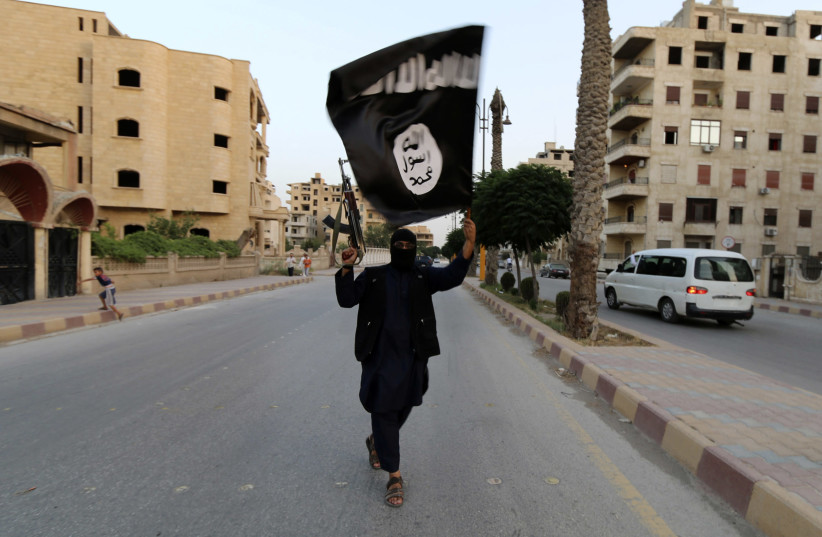Repatriations of foreign women and children affiliated with the Islamic State from detention camps in northeast Syria hit a record high in 2022, Kurdish authorities said on Tuesday.
Thousands of foreigners including women and children had gone to Syria to live in IS's so-called "caliphate" until 2019, when US-backed Kurdish forces snatched the last pocket of Syrian territory from the jihadists.
Fleeing women and children were housed in overcrowded detention camps run by Kurdish authorities and international NGOs, who had pushed for repatriations due to rising violence and dire conditions in the camps.
Governments responded slowly, fearing security threats and a public backlash over the return of individuals radicalized by Islamic State.
But the pace picked up his year, with 517 women and children repatriated so far, according to Kurdish authorities' statistics.

Where were people repatriated to?
They included more than 100 from France and over 50 from Germany. More than 150 were returned to Tajikistan, the first for that country.
Returns numbered 324 in 2021, 281 in 2020 and 342 in 2019.
More than 10,000 foreign women and children remain in the Al-Hol and Roj camps, Badran Jia Kurd, a senior official in the autonomous administration, told Reuters.
Letta Tayler, Human Rights Watch's counter-terrorism lead, said the rise could be due in part to criticism by the United Nations and the European Court of Human Rights of European countries' failure to repatriate their nationals.
Also, states had found they had the legal framework to prosecute and jail those who had traveled to IS-held territory, making those governments more willing to bring them home, Tayler added.
But she said 2022's figures "are still drops in the bucket."
"This humanitarian and security crisis will only get worse if countries keep outsourcing management of their detained nationals to a non-state force inside one of the world’s most complex war zones," Tayler said.
